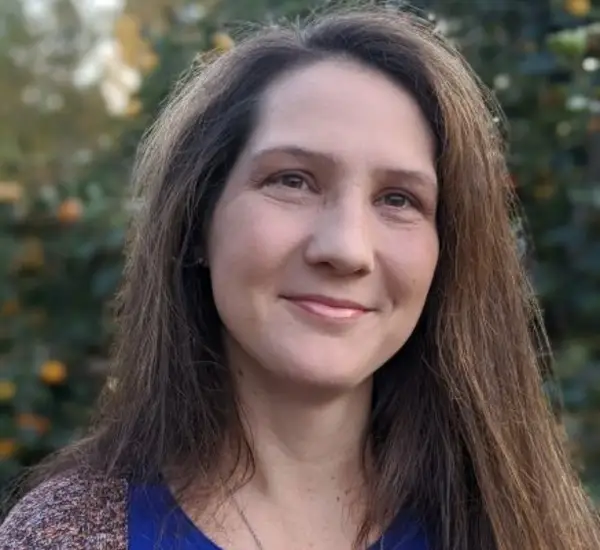NC Society of Toxicology 2024 Annual Meeting
Learn more about NC Society of Toxicology 2024 Annual Meeting
RTI uses cookies to offer you the best experience online. By clicking “accept” on this website, you opt in and you agree to the use of cookies. If you would like to know more about how RTI uses cookies and how to manage them please view our Privacy Policy here. You can “opt out” or change your mind by visiting: http://optout.aboutads.info/. Click “accept” to agree.
The shift to using in vitro and computational new approach methodologies (NAMs) can increase the human relevance of toxicity testing, pre-clinical pharmaceutical development, and basic science research, while simultaneously decreasing our reliance on animal testing. Advancing these innovative approaches for research, testing, and decision making requires greater characterization and validation to build confidence and ensure rigor and reproducibility in their application.
Register today for the "How to Characterize and Validate AI and In Vitro NAMs for Toxicity Testing" webinar, featuring experts from the National Institute of Environmental Health Sciences (NIEHS) and RTI International. During the presentation, attendees will learn:
Learn more about how our team is using AI in research.

Shaun D. McCullough is a Senior Respiratory Scientist/Principal Investigator at RTI where he leads RTI’s in vitro inhalation toxicology and respiratory biology program. His research program is centered around applying cell and molecular biology and in vitro toxicology to protect public health while advancing the human relevance and throughput of toxicity testing. Dr. McCullough’s work also focuses on the development and integration of new and existing in vitro models and assays for inhaled chemicals and materials safety evaluation and regulatory decision making. This work advances the human relevance and safety assessments while reducing dependence on animal testing. Dr. McCullough’s research is exploring the impact of population diversity on human in vitro models and its implications for respiratory biology research and inhalation toxicology testing.

Dr. Nicole Kleinstreuer is the director of the NTP Interagency Center for the Evaluation of Alternative Toxicological Methods (NICEATM), and the executive director of the congressionally mandated Interagency Coordinating Committee on the Validation of Alternative Methods (ICCVAM). NICEATM, part of the National Institute of Environmental Health Sciences (NIEHS), is the US federal resource for alternatives to animal testing. Kleinstreuer leads domestic and international efforts to develop novel testing, modeling, and analysis strategies that provide more rapid, mechanistic, and human-relevant predictions of potential chemical hazards. She has a PhD in biomedical engineering and postdoctoral training in computational toxicology, and holds adjunct faculty positions in the Yale University School of Public Health and the University of North Carolina at Chapel Hill. She has published over 150 peer-reviewed publications and won numerous awards, including the 2023 NIEHS Individual Merit Award, the 2022 NIH Director’s Award, and the 2019 Society of Toxicology Achievement Award.

Shannon Bell, PhD is the Environmental Informatics Program Director at RTI international. She leads a group of modelers, informaticians, and toxicologists who use their understanding of statistics, toxicology, ecology, chemistry, and data science to further our understanding interactions between biological systems and the natural and built environments. She uses her expertise in data analysis and integration to support knowledge discovery and decision making. She has used modeling and machine learning techniques to address research questions in different biological species including Arabidopsis, cereal crops, rodents, and humans. Shannon’s current research focuses on how we can integrate data streams to gain insight on how chemicals interact with biology and predict the system-level responses. This involves developing strategies to increase data accessibility, tool/approach development and assessment to provide robust and bespoke solutions needed to navigate the evolving assessment landscape including for new approach methodologies (NAMS). She works with discipline-specific subject matter experts to help enrich their data using knowledge organization systems and creative search and inference strategies. Applications include development of GUI tools for stakeholder engagement, predictive biology, product development, and risk prioritization.
Learn more about NC Society of Toxicology 2024 Annual Meeting